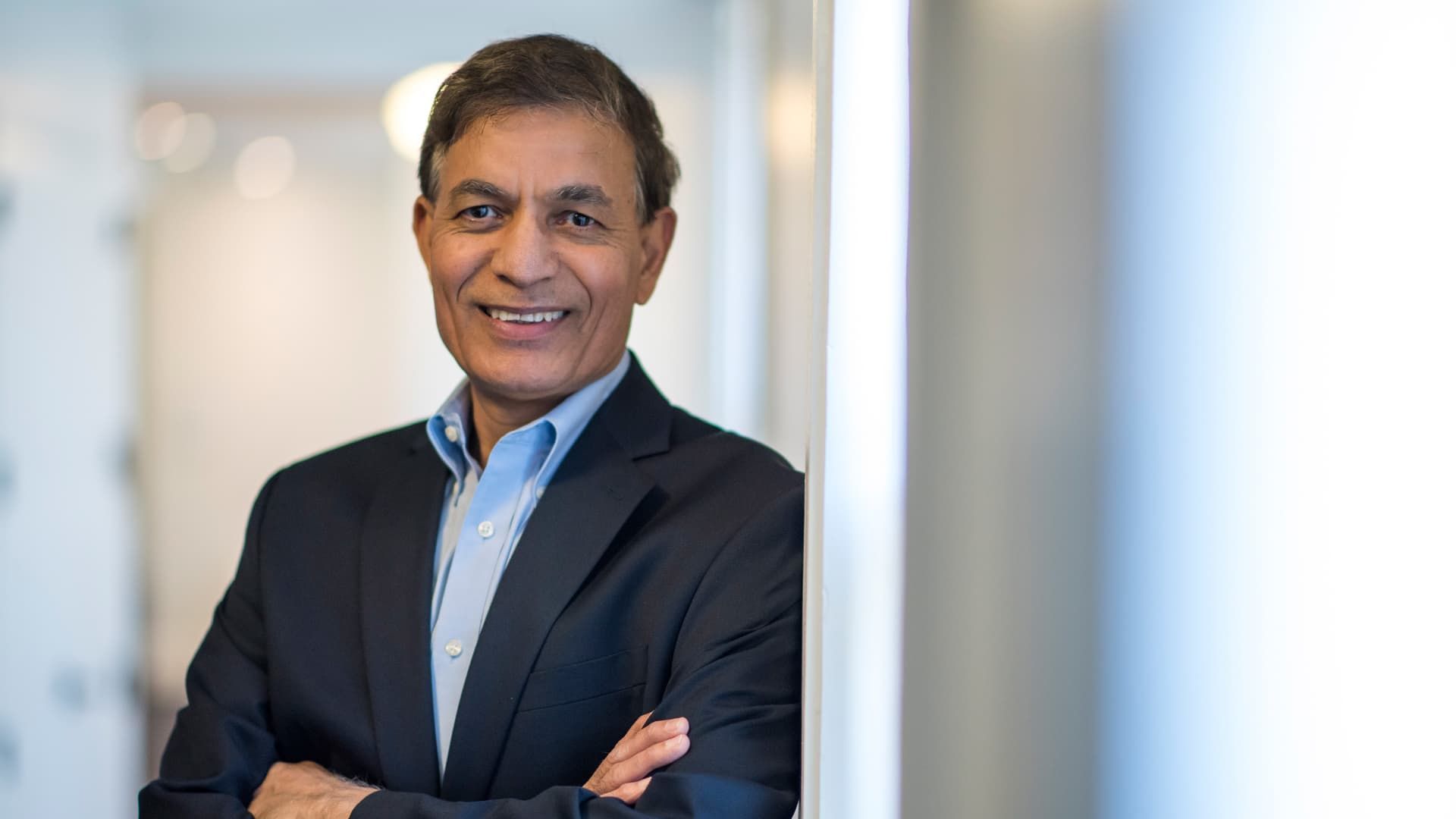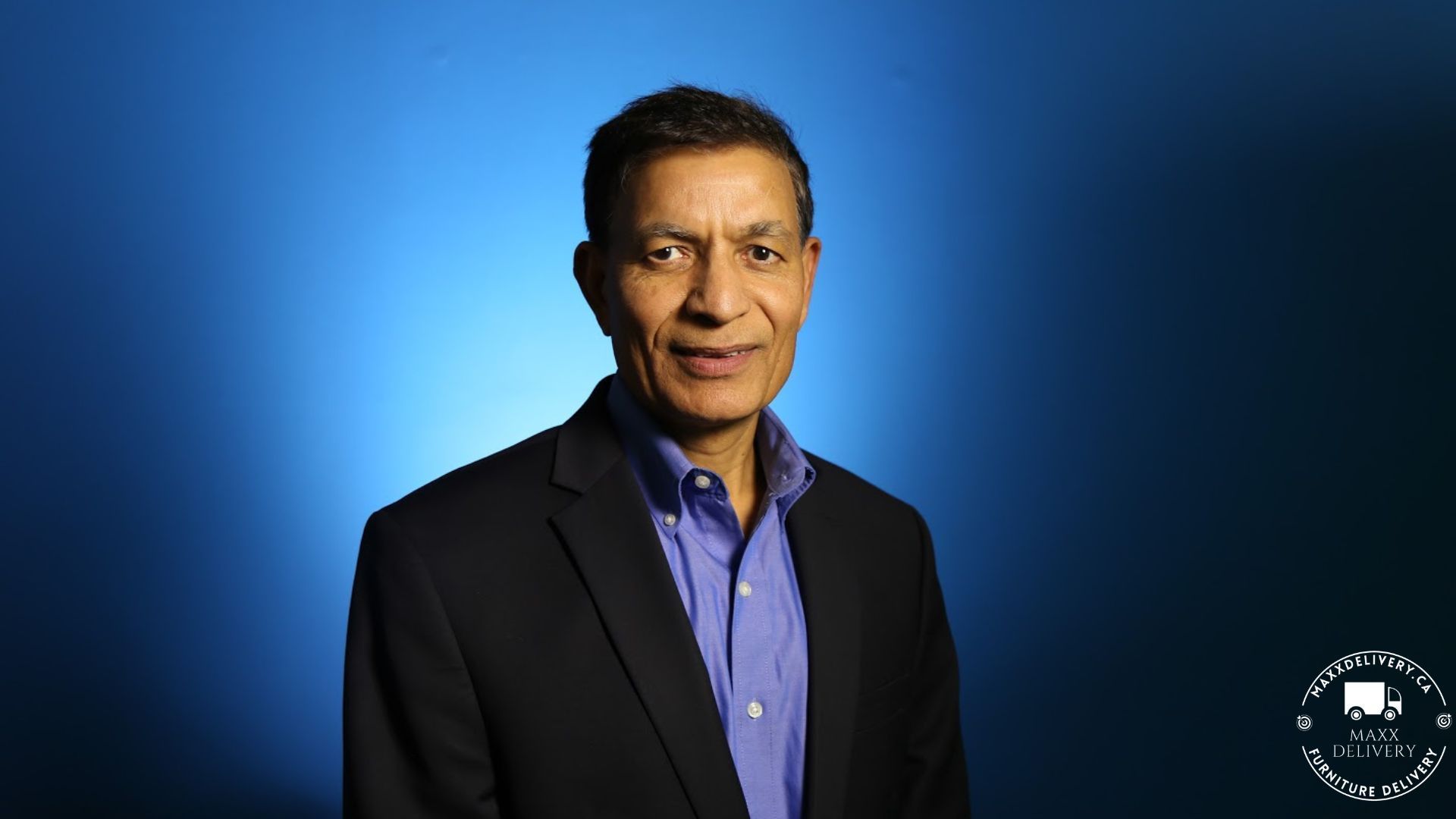Business Lessons from Billionaire Jay Chaudhry
In today’s competitive job market, understanding the right mindset and approach to interviews can significantly impact your career trajectory. Billionaire
Jay Chaudhry emphasizes the importance of cultivating a growth-oriented mindset, encouraging candidates to showcase adaptability and innovation rather than merely highlighting past accomplishments. This perspective aligns with the current hiring trends where employers seek individuals who can transform challenges into opportunities. To succeed, it’s crucial to avoid discussing team size or budget as measures of success, as Chaudhry warns against the pitfalls of building “fiefdoms.” Instead, interviewees should focus on their contributions and the value they bring, demonstrating creativity over comfort. Furthermore, embracing transparency and a commitment to continuous improvement not only helps candidates stand out but also fosters a culture of trust and reliability in organizations. Unlock the secrets of success with insights from billionaire
Jay Chaudhry.

Building a Growth-Oriented Mindset in Interviews
Jay Chaudhry’s approach to hiring reveals a key philosophy: it’s not about where you start, but how you grow from your current position. This mindset applies to every aspect of your career, especially interviews. Instead of focusing on past accolades or budgets, showcase how you've thrived with limited resources. Hiring managers are increasingly looking for candidates who demonstrate adaptability, innovation, and growth. When applying this to your next interview, think about how you turned challenges into opportunities. For job seekers, especially those entering competitive industries, it's crucial to tell a story of growth that resonates beyond the numbers.This emphasis on a growth mindset is essential not just in securing jobs but in your long-term career trajectory. In today’s fast-evolving business environment, companies that adapt thrive, and individuals who can pivot and embrace change are valued. Entrepreneurs, leaders, and even job candidates need to approach challenges as opportunities for growth, just as Chaudhry emphasizes. The most successful hires are those who don’t see their success as tied to large teams or resources but those who take what they have and turn it into something bigger.
Avoid the Trap of Building Fiefdoms
One of the biggest red flags Chaudhry identifies is when interviewees talk about the size of their teams or budgets as a measure of success. This trap is particularly common in middle management or senior positions, where the focus can easily shift from driving business growth to maintaining control over resources. But in today’s fast-paced business world, this kind of mindset can stall innovation and create bottlenecks. For hiring managers, spotting these candidates early is crucial. Ask about a time when they worked with limited resources or in a smaller team. If they dwell on their role as a leader or focus too much on team size, that might be a red flag. Look for candidates who celebrate growth and impact more than control over resources. For job seekers, avoid discussing titles, budgets, or team sizes too much in interviews. Instead, focus on the impact and outcomes of your efforts, no matter how small your starting point was. This shift in mindset is valuable for personal growth as well. Whether you’re leading a team or starting your career, think of your work as part of a larger picture. Success isn't about what you control but how much value you bring to the table. This mental shift will not only help you in interviews but also in navigating career advancements and leadership roles.

Embrace Creativity Over Comfort in Business
A key takeaway from Chaudhry’s success is his belief in creativity over structure. In his experience, the best hires are those who can think creatively under pressure and do not depend on large budgets or established processes. This entrepreneurial mindset is something that’s increasingly being valued, even in large corporations. Teams that can break out of the mold and find creative solutions to everyday challenges often outperform those with more resources but less flexibility. For individuals looking to bring this mindset into interviews, it’s important to highlight moments when you stepped out of your comfort zone to solve a problem. Whether it’s by reducing operational costs, finding innovative solutions to technical problems, or improving customer experience with limited tools, employers value creativity. Similarly, for hiring managers, emphasize the importance of creativity and problem-solving abilities in your job descriptions and during interviews. Rather than just looking for candidates who have worked in established environments, prioritize those who thrive in uncertainty. For entrepreneurs, embracing this mindset can be transformative. While resources are often tight in startups, the ability to be flexible, creative, and opportunistic is a key ingredient in turning small ideas into large enterprises. As Chaudhry’s own journey shows, adaptability is critical in building successful companies.
Avoiding the Pitfall of Packaging Results to Look Good
Chaudhry’s second red flag, candidates who spend too much time packaging their results to look good, is something many professionals can fall into, particularly in high-stakes environments. Too often, there’s a focus on making numbers and presentations look perfect, which diverts attention from real problem-solving. This is a crucial lesson for anyone striving for success in their career: appearances are not as important as meaningful results. If you’re interviewing, don’t just present polished metrics or flashy success stories. Be candid about areas where you had to make improvements and demonstrate how you took steps to address challenges. The key is to convey a mindset focused on continuous improvement rather than resting on past accomplishments. For employers, questions around continuous improvement during interviews can help reveal whether candidates have this problem-solving mentality. Asking about a time when the candidate had to address a failure or course-correct on a project can be revealing. In the broader scope of one’s career, focusing on substance over appearance helps build a reputation for reliability and trustworthiness. This doesn’t mean you should downplay your accomplishments but rather frame them within the context of how you’re continually looking to improve, which resonates with employers who value long-term growth.

The Importance of Transparency and Honesty
Another underlying message in Chaudhry’s hiring philosophy is the importance of transparency and honesty. When candidates spend more time trying to look good rather than focusing on genuine results, they risk being perceived as inauthentic. In today's business environment, where trust and authenticity are highly valued, it’s critical to approach interviews and career growth with honesty. For job seekers, this means being open about the challenges you faced and the lessons you learned along the way. Whether you’re presenting a project that didn’t go as planned or discussing areas of personal growth, authenticity helps build rapport with interviewers and potential employers. For hiring managers, creating an environment where candidates feel comfortable being transparent can help you find the right people who will contribute to long-term success. This value of honesty extends beyond just interviews. In leadership roles, maintaining transparency with your team fosters trust, which in turn drives better collaboration and results. By focusing on genuine improvement rather than just polished presentations, you build a culture of honesty and growth within your organization.
Continuous Improvement as the Key to Success
Chaudhry’s focus on continuous improvement is a critical takeaway for anyone looking to succeed in their career. Whether you’re just starting or already in a leadership role, the idea that there’s always room for growth is essential. For interviewees, demonstrating this attitude can be a game-changer. Discuss how you regularly seek feedback, identify areas of improvement, and take actionable steps to develop your skills. For businesses, fostering a culture of continuous improvement can lead to greater innovation and long-term success. Leaders who encourage their teams to constantly look for ways to get better, rather than just celebrating past achievements, build organizations that are adaptable and future-focused. In the broader context of personal development, this principle applies to every aspect of life. Whether it’s learning new skills, adapting to new challenges, or refining your current abilities, focusing on continuous improvement keeps you agile and competitive in today’s fast-paced world.

How to Apply These Lessons for Long-Term Career Growth
Jay Chaudhry’s interview red flags provide actionable insights that professionals at any level can apply to their careers. Whether it’s focusing on growth over control, valuing creativity, or embracing continuous improvement, these lessons can help you stand out in interviews and drive success in your career. For entrepreneurs, the takeaways are even more significant. Chaudhry’s success in building multiple companies demonstrates that adaptability, honesty, and a focus on real results, rather than appearances, are critical for long-term success. By applying these principles, whether you’re building a startup or elevating your career, you can create a foundation for sustained growth and achievement.
MaxxDelivery Moving and Delivery Tips and Blog











